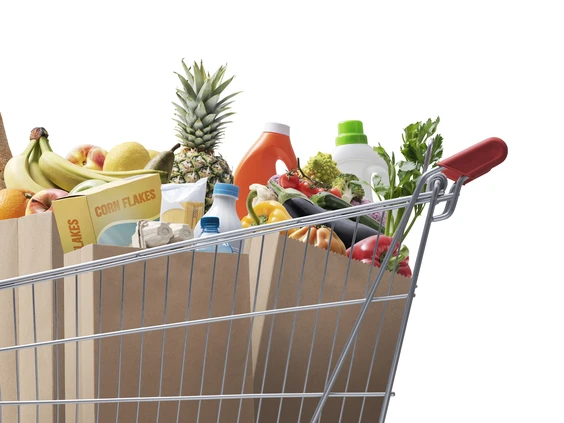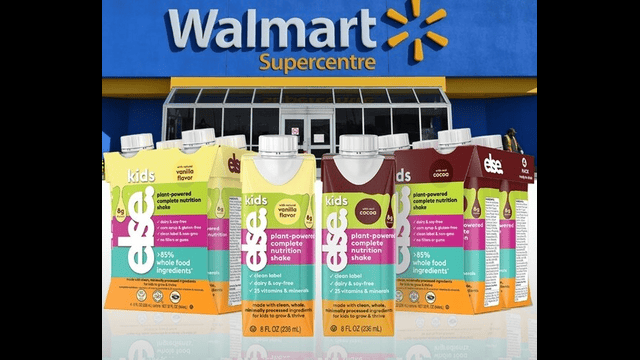
Assessing the accuracy of data from the federal agency has been challenging, but recent analysis provides some insights. PHOTO BY ISTOCK /GETTY IMAGES
Canada's food price data accuracy has come under scrutiny as consumers perceive a disconnect between official reports and their grocery bills. The discrepancies raise concerns about the reliability of Statistics Canada's data and its implications for consumers and policymakers.
An analysis comparing Statistics Canada's food price reports to data from the Agri-Food Analytics Lab's Price Portal revealed significant differences. While such discrepancies are expected due to variations in methodologies and data access, they highlight potential inaccuracies in national statistical forecasting.
For instance, a comparison of selected food products in February 2024 revealed a Mean Absolute Error (MAE) of 5.59 percentage points between Statistics Canada's reported prices and observed values. This suggests that, on average, the reported prices deviate by 5.59 percentage points from actual prices in grocery stores.
Further examination of the February 2024 data unveiled substantial discrepancies in food price changes. Oranges, for example, were reported to have decreased by -6% by Statistics Canada, whereas the observed data showed a 20.1% increase. Similarly, avocados were reported to have decreased by -4%, contrary to the observed 9% increase. These inconsistencies extend to 47% of listed food items, indicating potential underestimation by Statistics Canada.
While these discrepancies may not imply deliberate underestimation, they have significant implications for consumers and the economy. Inaccurate food price data could lead to misinformed household financial planning and policy decisions. It suggests that inflation in the food sector may be more pervasive than officially reported, affecting Canadians' cost of living and necessitating adjustments to social assistance programs.
The Mean Absolute Error (MAE) of 5.59 reflects real-world cost variances that Canadians encounter daily, exacerbating financial strain and underscoring the need for accurate data. To improve data accuracy, Statistics Canada should refine its data collection and analysis methods and collaborate with independent research bodies. This collaboration could enhance data reliability, ensuring it accurately reflects market trends and supports better-informed decision-making.
In response to these concerns, Minister François-Philippe Champagne announced an investment in the Contributions Program for Non-Profit Consumer and Voluntary Organizations. This investment aims to broaden consumer projects and expand research in the retail sector, particularly in groceries. However, further investment and efforts are needed to address data inaccuracies effectively.
While Statistics Canada remains a crucial economic indicator, its data should be viewed as indicators rather than definitive measures. Canada could benefit from a broader spectrum of reliable data sources to complement Statistics Canada's reports. Addressing discrepancies highlighted by Dalhousie University's Price Checks is essential for building confidence in the accuracy of food price data, facilitating better budgeting and policy planning, and promoting the economic well-being of Canadians.















